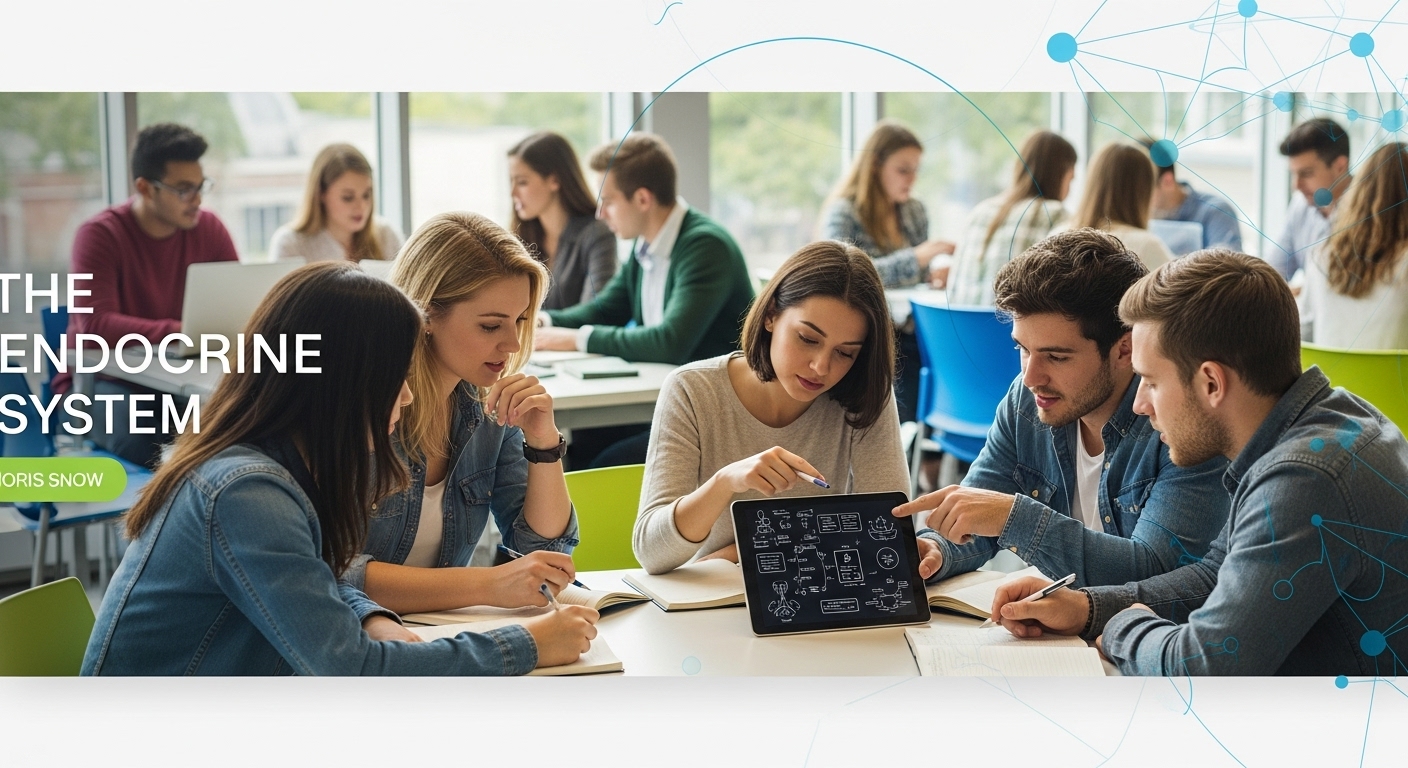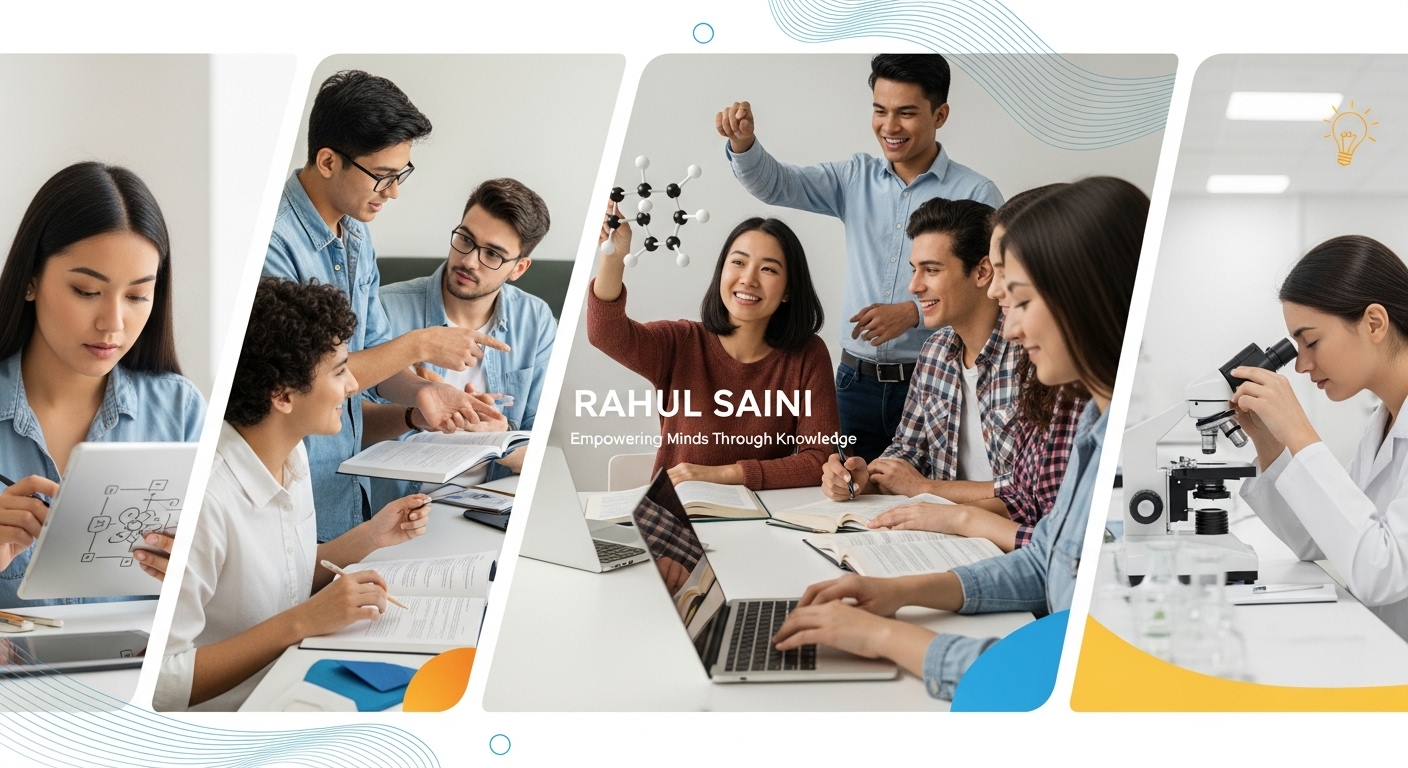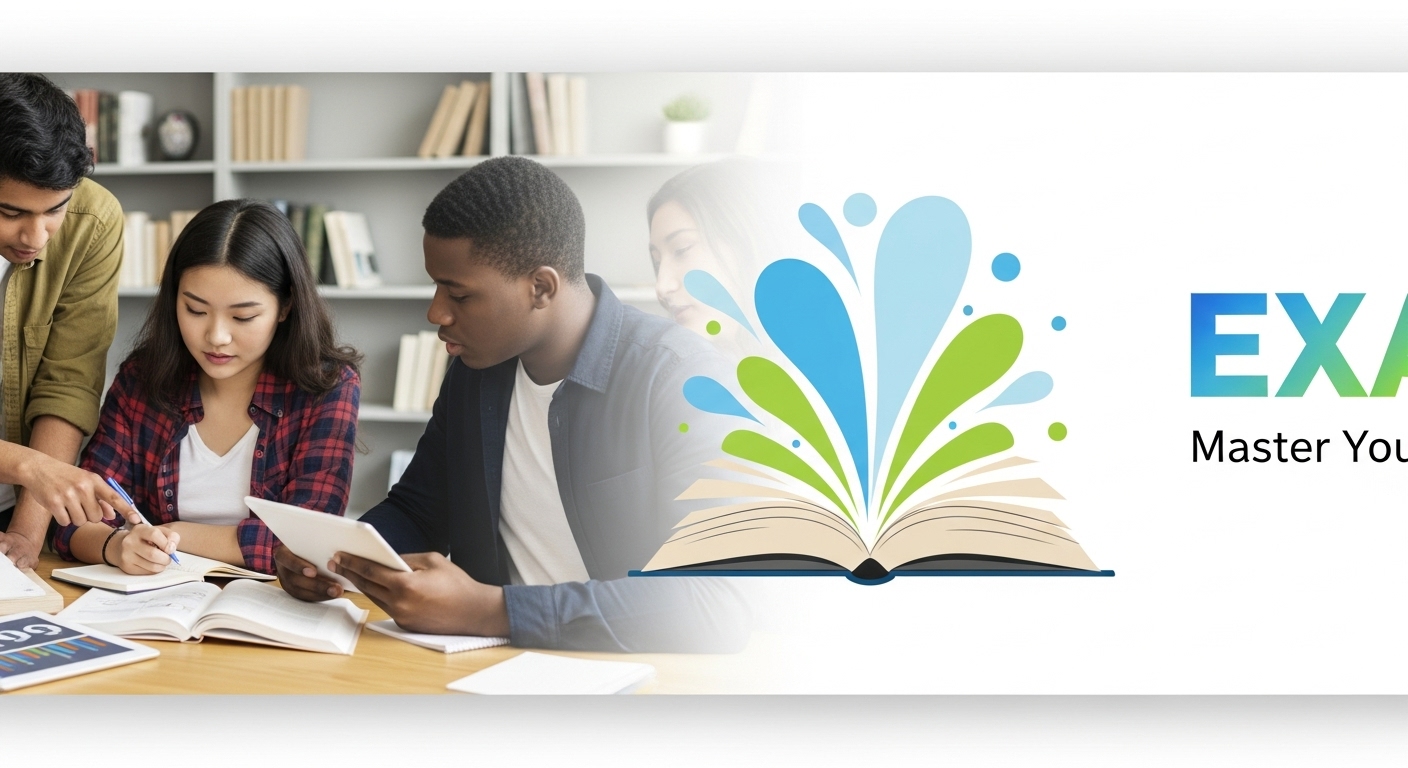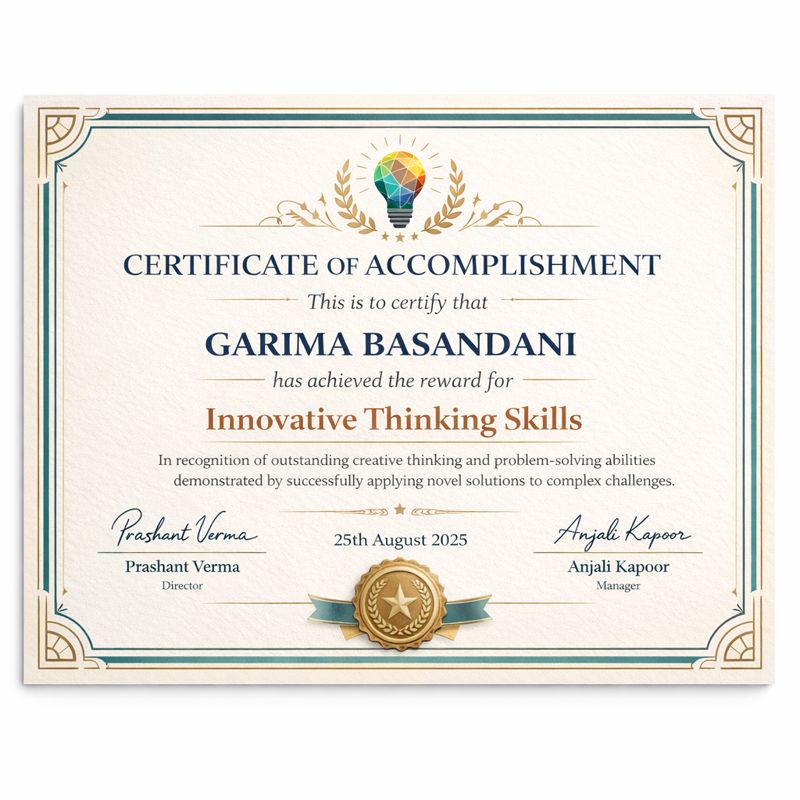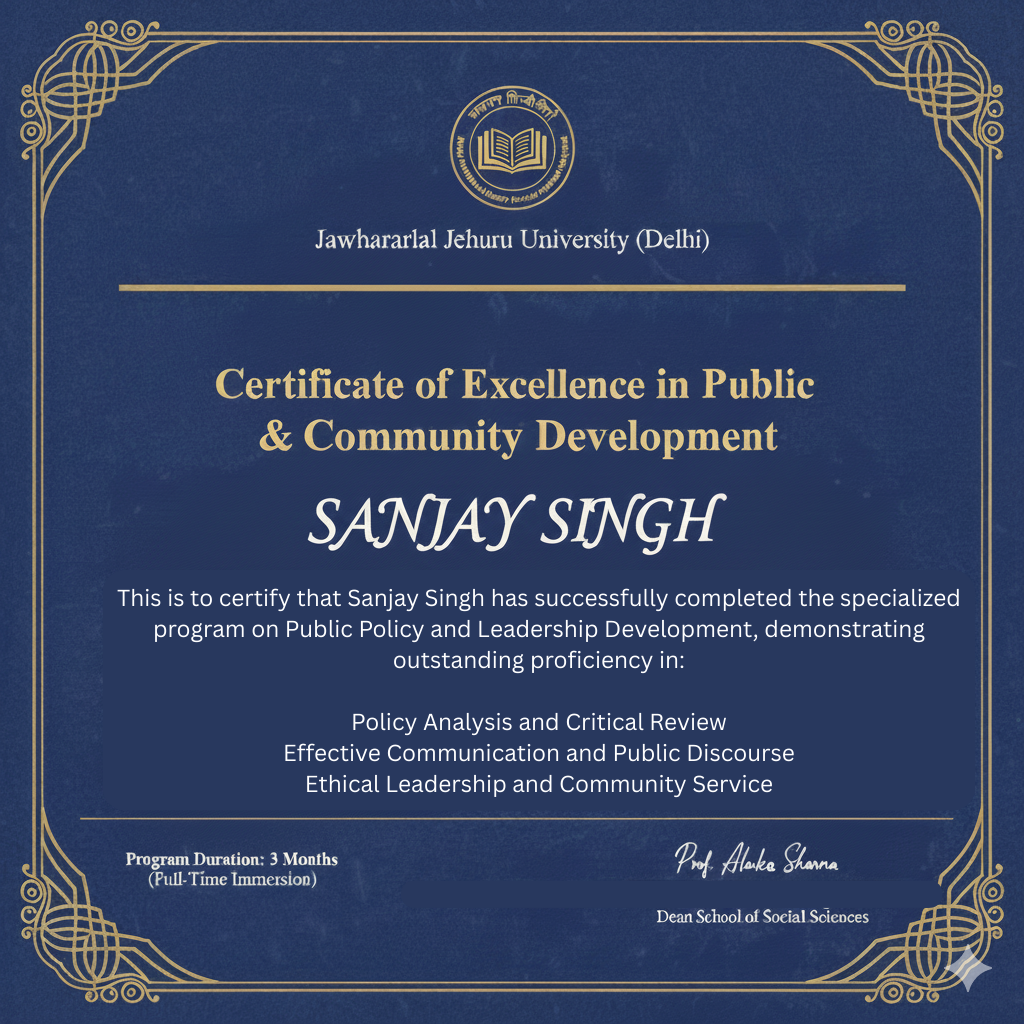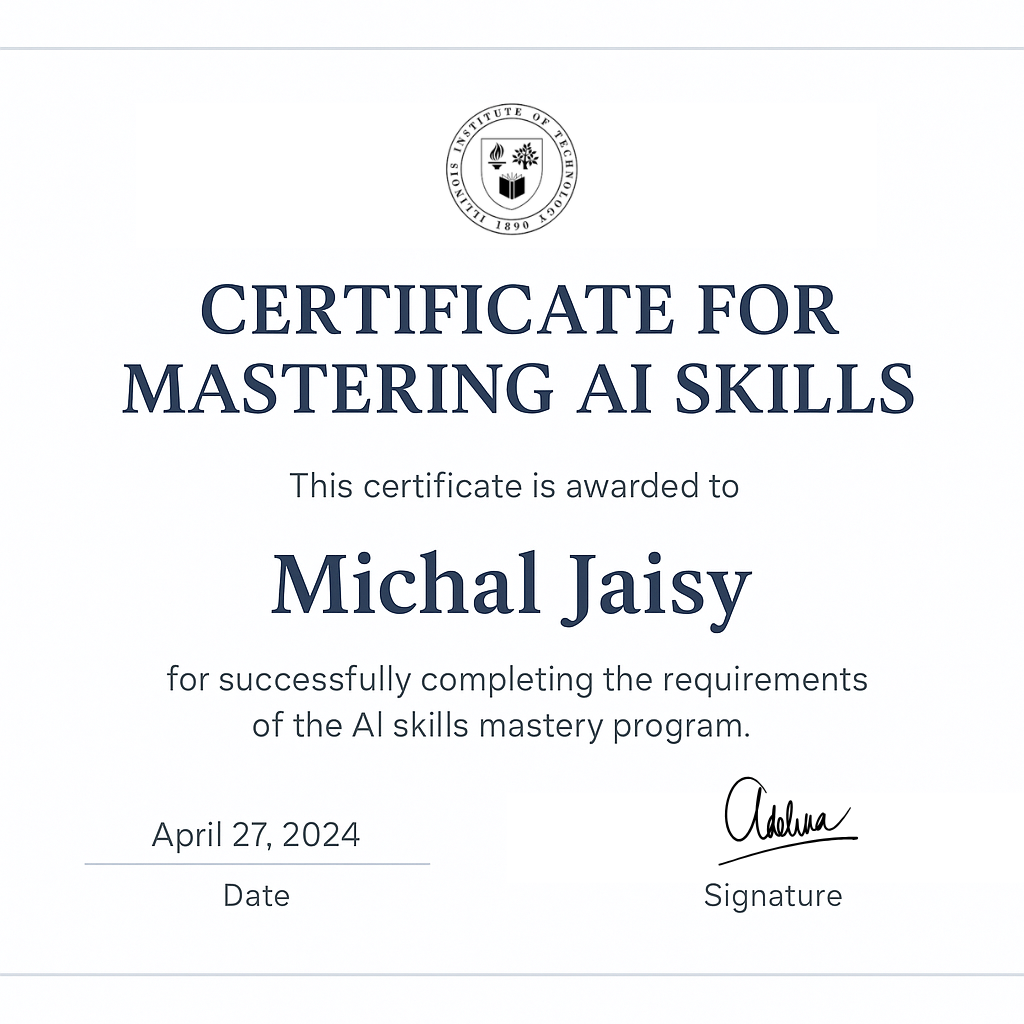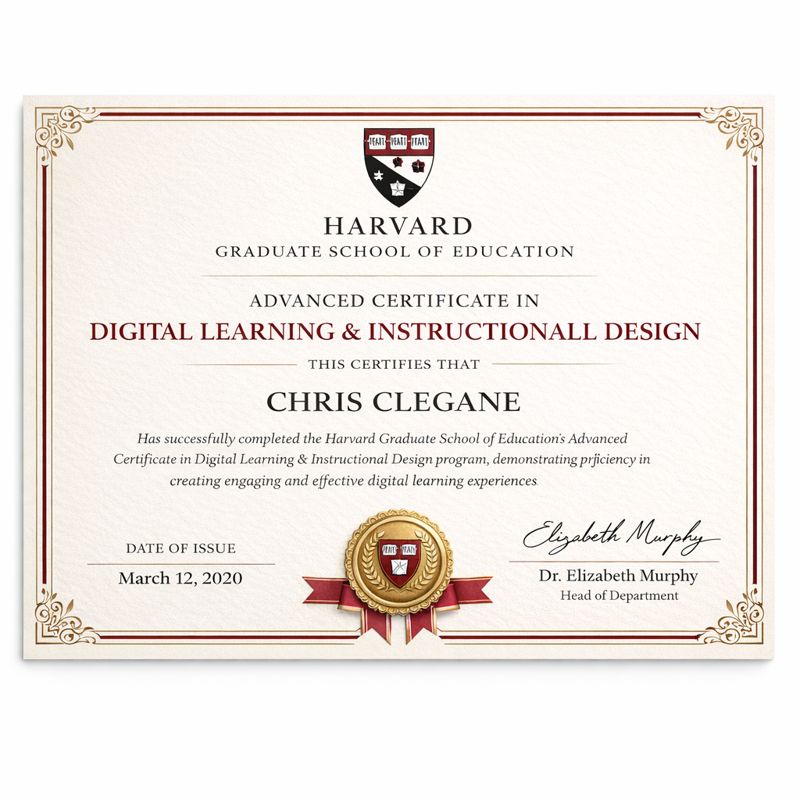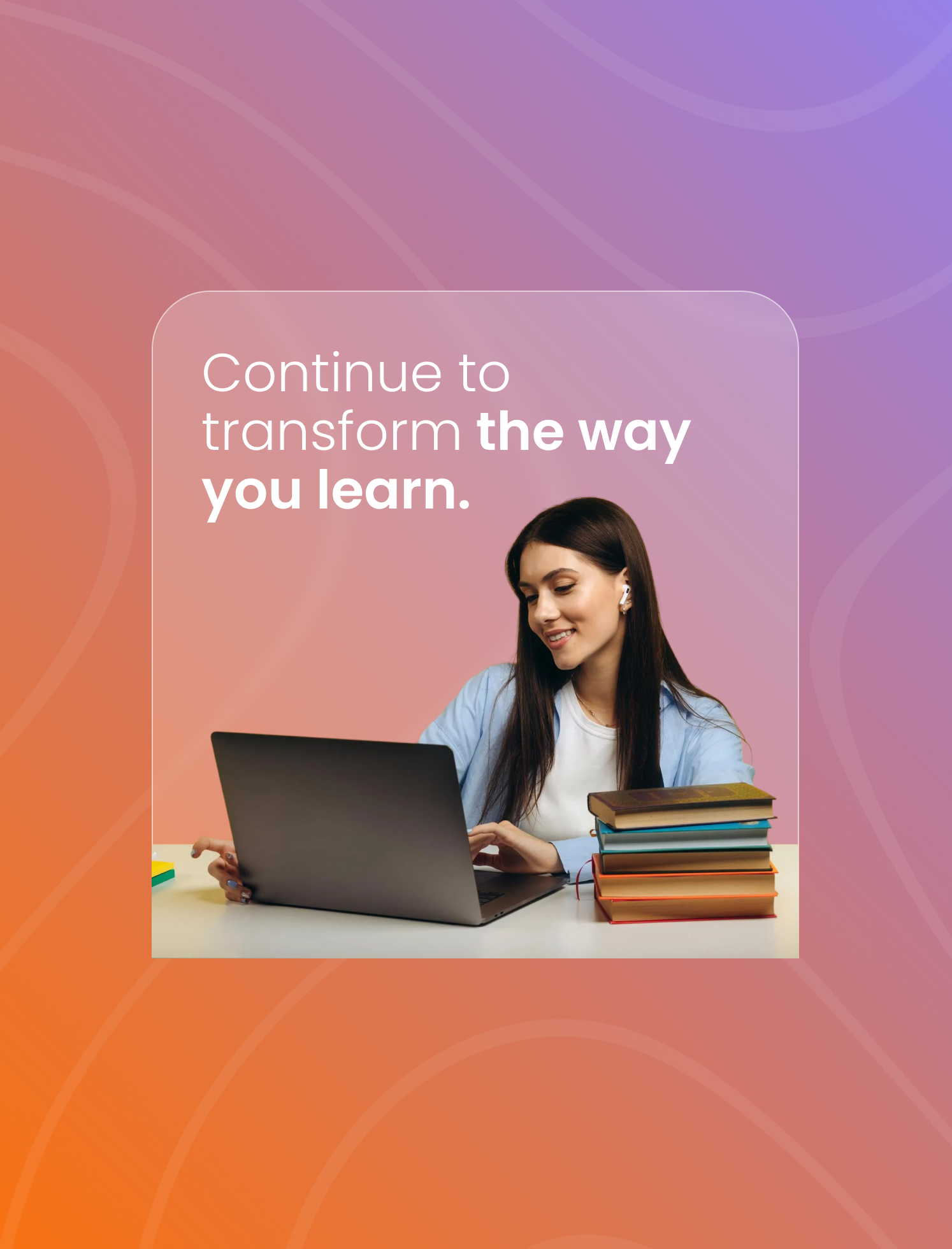- Home
- Solutions
- Join Community
- Methodology
-
Pricing
- More
Community
 Alex Jaxy
Alex Jaxy
Before breaking down the topic, what thought process led you to choose this specific step-by-step plan, and how might you adapt this planning method for a more complex leadership or research task?
Answers.My thought process for planning begins with defining the end goal and identifying the audience. This ensures the plan is both effective and relevant.
- First, I establish a clear objective: What does success look like for this task?
- Next, I break the objective into smaller, sequential steps, making the task less daunting and easier to start.
- Finally, I estimate the time and resources needed for each step, creating a realistic timeline and anticipating potential roadblocks.
This structured approach transforms a large goal into a manageable roadmap, providing clarity and direction from the outset for any task, simple or complex.
Recommended.Your response shows an excellent ability to not only create a plan but also adapt it for greater complexity. To further enhance this skill, consider incorporating a 'pre-mortem' into your planning for complex tasks. Before you start, imagine the project has failed and brainstorm all the potential reasons why. This helps you proactively identify and mitigate risks that aren't immediately obvious.
 Nikhil Agrawal
Nikhil Agrawal
How does the process of structuring information into a hierarchical outline, with key points and supporting evidence, help you connect new concepts to what you already know?
Answers.Structuring information hierarchically is crucial because it transforms a list of facts into a connected web of knowledge, linking new ideas to my existing mental framework.
- Creating a Mental Scaffold: The main headings act as hooks where I can hang new, detailed information. This helps me see the big picture and where each piece fits.
- Identifying Relationships: The process forces me to think about the relationships between ideas—is this a cause, an effect, an example, or a counterargument?
- Activating Prior Knowledge: When creating a new section, I consciously ask, 'What do I already know about this?' This helps anchor the new material to familiar concepts.
Outlining is not just about organizing; it's an active process of building a coherent mental model by deliberately connecting new information to my existing knowledge base.
Recommended.To strengthen your learning, always try to connect new information to what you already know. As you learn a new concept, ask yourself, 'How is this similar to or different from X?' or 'What does this remind me of?' This creates stronger mental links, making information easier to remember.
 Arvind Shekhawat
Arvind Shekhawat
During your 'Aloud Thinking' process, you paused to recall specific rules. At what point did you feel most confident, and were there any moments of uncertainty you had to resolve as you went along?
Answers.Monitoring my internal state of confidence is crucial for maintaining accuracy. My confidence level naturally fluctuated as I moved from the general structure to specific details.
- Point of High Confidence: I felt most confident after identifying the main framework of the problem. This initial success created a solid mental anchor and a clear path forward.
- Moment of Uncertainty: Uncertainty arose when I encountered a specific detail that seemed to be an exception to the general rule, forcing a momentary pause.
- Resolution Tactic: I resolved this by isolating the tricky detail, verbalizing the specific rule that applied to it, and confirming its fit before moving on.
This internal feedback loop of checking my confidence and addressing uncertainty in real-time prevents small errors from derailing the entire process.
Recommended.You are highly effective at pausing to resolve uncertainty. As a next step, try to notice the physical or mental cues that signal uncertainty even earlier. Is it a slight hesitation? A furrowed brow? Recognizing these subtle signals can make your self-monitoring even more immediate and efficient.
 Arvind Shekhawat
Arvind Shekhawat
Before breaking down the topic, what thought process led you to choose this specific step-by-step plan, and how might you adapt this planning method for a more complex leadership or research task?
Answers.My thought process for planning begins with defining the end goal and identifying the audience. This ensures the plan is both effective and relevant.
- First, I establish a clear objective: What does success look like for this task?
- Next, I break the objective into smaller, sequential steps, making the task less daunting and easier to start.
- Finally, I estimate the time and resources needed for each step, creating a realistic timeline and anticipating potential roadblocks.
This structured approach transforms a large goal into a manageable roadmap, providing clarity and direction from the outset for any task, simple or complex.
Recommended.Your response shows an excellent ability to not only create a plan but also adapt it for greater complexity. To further enhance this skill, consider incorporating a 'pre-mortem' into your planning for complex tasks. Before you start, imagine the project has failed and brainstorm all the potential reasons why. This helps you proactively identify and mitigate risks that aren't immediately obvious.
 Zeisky Mark
Zeisky Mark
What helps you realize it’s time to switch your learning method, not the topic?

 Rajat Pandey
Rajat Pandey
I notice it when I keep rereading the same lines and still feel blank. Earlier, I blamed the topic, thinking it was too hard. Now I check the method first; maybe I need visuals, examples, or discussion.
That small awareness saves me from endless frustration. It reminds me that the problem often lies in the approach, not the subject.
 Rahul Kansal
Rahul Kansal
When a topic finally “clicks,” what actually changed in your thinking at that moment?

 Michal Jaxy
Michal Jaxy
The click happens when I stop chasing the answer blindly and start connecting the ideas. Instead of seeing scattered information, everything starts fitting like a puzzle. The tough parts suddenly feel simpler and more logical. It’s like my mind organizes the whole topic in a new way. That shift shows me learning is more about clarity than speed.
 Alex Jaxy
Alex Jaxy
What’s one learning habit you follow that you’ve never questioned—and what happens if you challenge it today?
 Rahul Mehta
Rahul Mehta
I realized I highlight everything without actually thinking about the meaning behind it. It always felt productive, but it never helped anything stay in my mind.
When I finally questioned this habit, I understood how much time I was wasting. Now I highlight only after I understand the idea properly. This simple change suddenly made learning lighter and more meaningful.
 Diogo Forlan
Diogo Forlan
How do you turn feedback from peers or the platform into actionable growth?

 Rahul Mehta
Rahul Mehta
I read it carefully, note areas I can improve, and make a specific plan. Even small changes from feedback can have a big impact on how I approach similar tasks in the future. Feedback also encourages me to reflect and continuously learn. I try to test these improvements immediately, which helps me internalize lessons faster. Gradually, this process builds a habit of self-improvement and sharper learning instincts.
 Chris Clegane
Chris Clegane
How do you approach learning when there’s no immediate reward or grade attached?
 Mohammad Bilal
Mohammad Bilal
I focus on the satisfaction of understanding and the skills I’m building. Knowing it will help me later keeps me engaged even if there’s no instant feedback. Over time, I notice that these efforts compound into real growth. I also reflect on how the knowledge might apply in real-world situations, which adds a sense of purpose. This mindset keeps me motivated even when progress feels slow or invisible.
 Jenny cyrus
Jenny cyrus
When collaborating on a project, how do you balance listening to others with sharing your own ideas?

 Arvind Shekhawat
Arvind Shekhawat
I first try to fully understand others’ points, then share my perspective. Combining ideas often leads to better solutions, and I learn a lot from hearing approaches I hadn’t thought of. It also helps me build teamwork and communication skills.
I make sure to ask questions and clarify any doubts, which ensures the discussion stays productive. Over time, this practice improves both my confidence and my ability to work effectively in diverse teams.
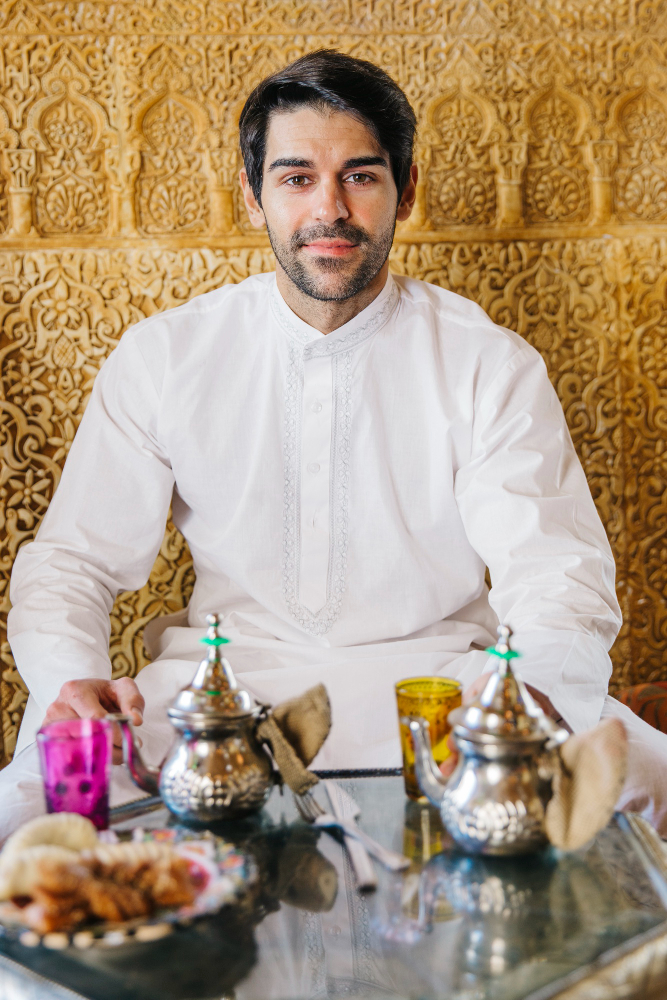 Sohail Iqbal
Sohail Iqbal
When using YMetaconnect, which feature makes you feel most in control of your learning, and why?
 Alexander Isak
Alexander Isak
The Goal-Setting and Timetable Dashboard gives me a clear plan and checkpoints. I can track progress, adjust my pace, and see what’s left, which makes me feel confident I’m learning effectively. It also motivates me to keep going because I can see tangible results. Additionally, it helps me prioritize tasks and avoid feeling overwhelmed. Seeing a structured path makes me more accountable and encourages consistency in my learning habits.
 Abhinav Sharma
Abhinav Sharma
When a topic feels completely unfamiliar, what’s the first thing you do to make sense of it?
 Jai Sharma
Jai Sharma
I usually start by breaking it into smaller parts and looking for patterns or examples I already know. Then I try to connect it to something real in my life, which makes the unfamiliar feel less intimidating. This approach helps me feel more in control and reduces frustration. I also try explaining the parts out loud or to a friend, which often reveals gaps in my understanding. Over time, this method makes tackling new topics less stressful and even exciting.
 Abhishek Panwar
Abhishek Panwar
How do you know when a learner has truly grown?
 Zeisky Mark
Zeisky Mark
It’s not just about test scores; real growth shows when learners start asking thoughtful, deeper questions and exploring ideas on their own. It’s even more rewarding when they solve problems independently, without waiting for my approval, because that’s when I see their confidence, critical thinking, and self-directed learning truly developing.
 Rahul saini
Rahul saini
What’s the hardest part about mentoring Gen Z learners?
 Nikhil Agrawal
Nikhil Agrawal
The hardest part is keeping learners engaged while guiding them to think deeply. Gen Z students are curious and fast-paced, but they need support to slow down, reflect, and apply concepts thoughtfully. Balancing their energy and curiosity with structured learning, while helping them develop critical thinking and problem-solving skills, is the key challenge.
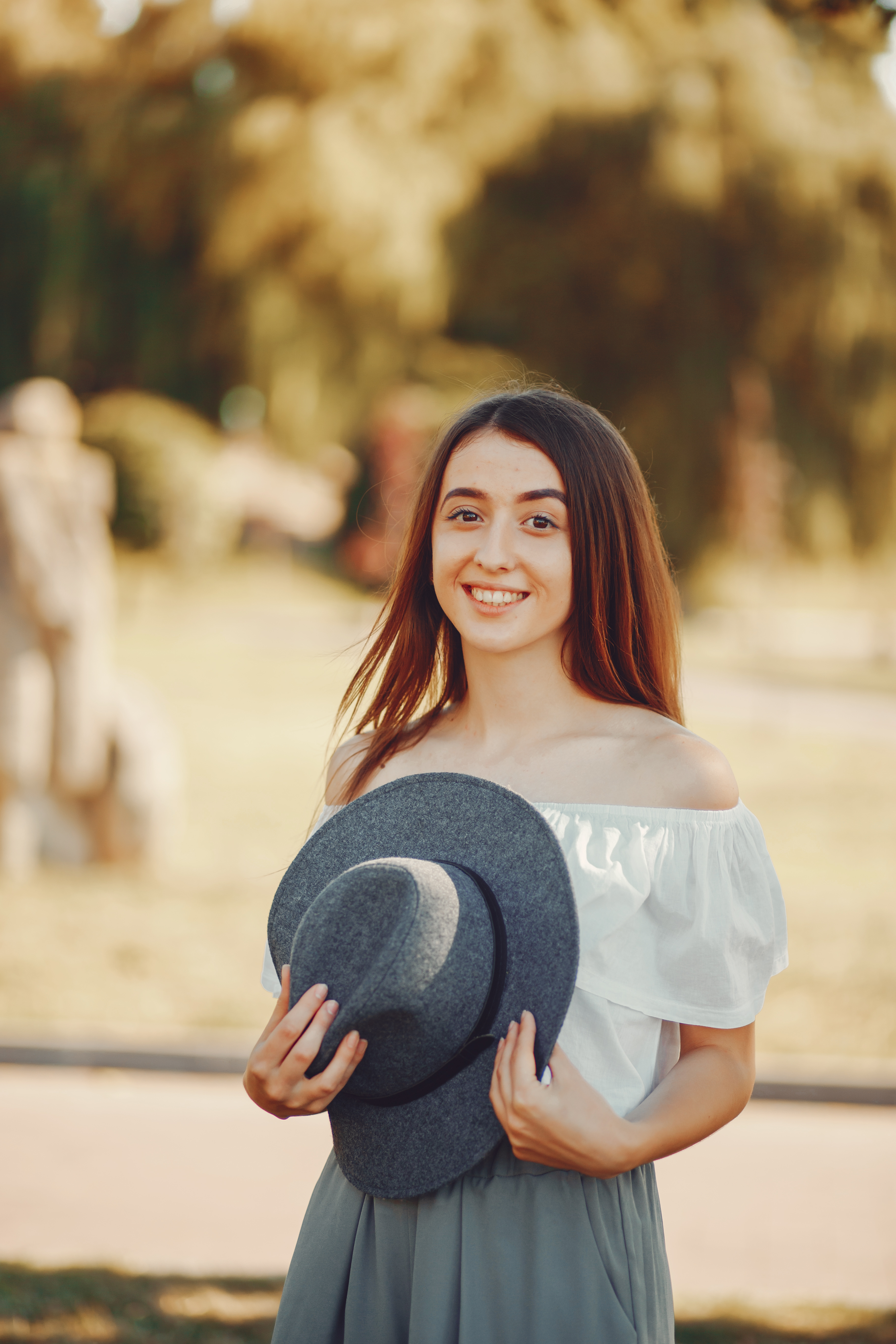 Garima Basandani
Garima Basandani
 Sanjay Singh
Sanjay Singh
 Priyanka Uppal
Priyanka Uppal
Data Not Found


 Learner
Learner Mentor
Mentor Organisation
Organisation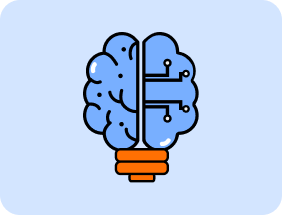
 Learner
Learner Mentor
Mentor Organisation
Organisation


 04:33 PM
-
06:36 PM
04:33 PM
-
06:36 PM
 12-11-2025
-
12-11-2025
12-11-2025
-
12-11-2025



 Comment
Comment



